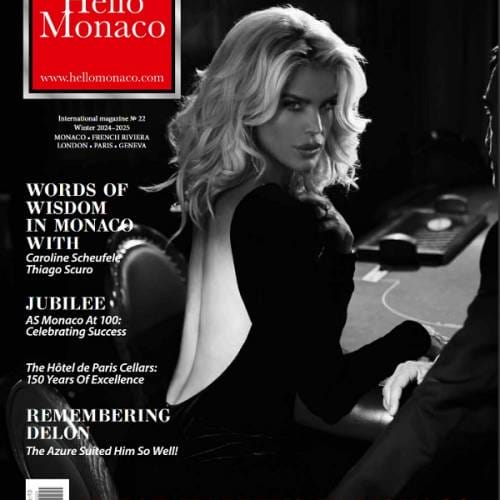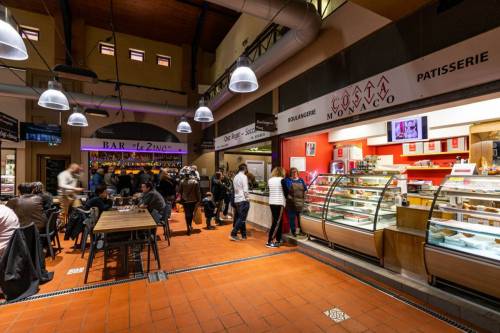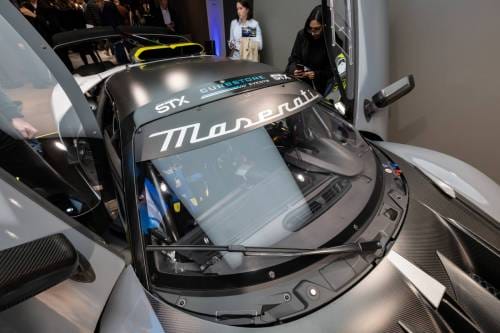Is the Mediterranean cultural heritage still alive? Will artists and intellectuals be able to breathe new life to that civilizing power which has made the Mediterranean Basin the most important cradle of culture, for centuries? Is it possible to recreate a shared sense of Mediterranean identity, inspired by the “koinè” in the ancient Greece? The 9th Rencontres Internationales Monaco et la Méditerranée (RIMM), held on the 15th and 16th March 2018 at the prestigious setting of the Musée Océanographique, gathered influential university professors, historians, journalists, writers, philosophers, artists and musicians to debate on the present and the future role of the Mediterranean Area from a social, cultural, economic and environmental point of view.

«Ever since I founded the RIMM in 2001, I was honored to invite every two years the best professionals to take part to a multidisciplinary round table with the aim to focus on crucial issues involving all Countries situated around the Mediterranean Sea», underlined Elisabeth Bréaud, President of the RIMM. What better place to set these conversations in the main Hall of the Oceanographic Museum, thus fulfilling the original will of H.S.H. Prince Rainier III.

«This year’s edition has allowed us to understand the pivotal role played by the Mediterranean high-quality artistic expression in preserving and perpetuating a common heritage», highlighted H.S.H. Prince Albert II of Monaco at the opening ceremony. The current world geopolitical landscape has completely changed and the Mediterranean Region is suffering a serious crisis, being menaced by political instability, inequalities, conflicts, violations of human rights and an unprecedented out-migration from South to North. Which answers should be given?
«Every artistic expression, since the beginning of human civilization, enabled Man to freely express himself leaving extraordinary physical evidences through archaeological finds and works of art», stated Mounir Bouchenaki, former UNESCO Deputy Director and Honorary President of the RIMM.

«Any creative form, which can be stronger than the oral tradition, is still playing a leading role in keeping memory of our Mediterranean identity; we shouldn’t forget the task of central harmonization played by the Mediterranean Sea», pointed out Maryline Crivello, professor at the University of Aix-Marseille. «Only the Mediterranean environment is able to raise ‘sensitive’ emotions as testified by the human literature», stressed professor Sylvie Ballestra-Puech (Université Nice-Sophia Antipolis).

«The Mediterranean DNA is flying in its perfumed marine air», recalled the writer Colette Fellous. «European Union and all other Mediterranean Countries have the duty and responsibility to cooperate in order to uphold the values of the Mare Nostrum against any external attack that would like to destroy the fundamental rights of a civilization hundreds of years old», emphasized Alberto Toscano, author and journalist based in Paris. «The Mediterranean cultural identity, result of a glorious past, has to raise its voice and speak to the world to establish a peaceful coexistence between different cultures, against any barbarity», concluded Jérôme Clément, former President of the Alliance Française and of ARTE cultural TV channel.









